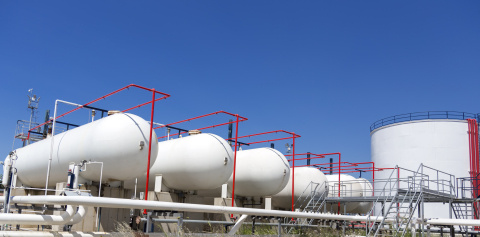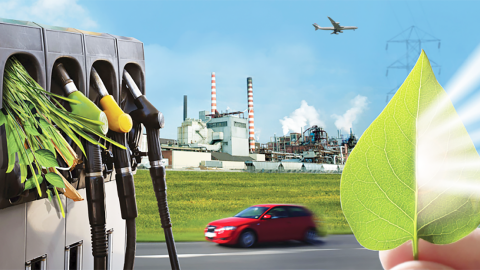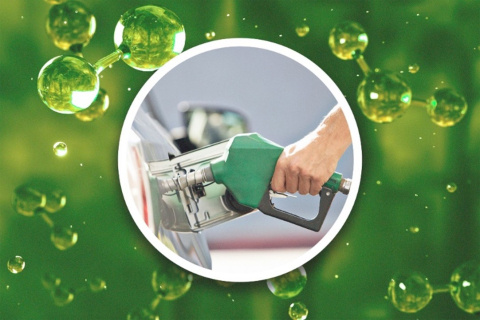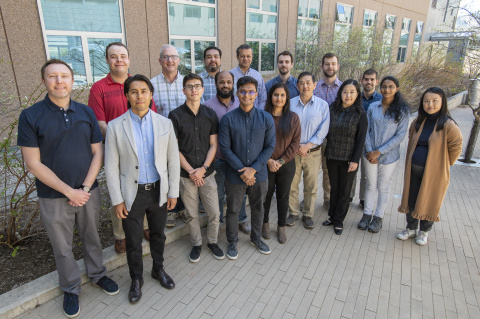RSS











The U.S. Department of Energy (DOE) Bioenergy Technologies Office (BETO) has released a Request for Information (RFI) on Renewable Propane Production Technologies and Uses to better understand the supply chains for production and uses of renewable propane and other renewable gaseous intermediates. Specifically, this RFI (DE-FOA-0003389) seeks input from industry and other stakeholders who produce, or are considering producing, renewable propane on the potential to increase its viability to pursue new production pathways to sustainable aviation fuels and other high-impact products.

The U.S. Department of Agriculture (USDA) has released the Production of Biofuel Feedstocks using Climate-Smart Practices Request for Information (RFI). The purpose of this RFI is to understand procedures for quantifying, reporting, and verifying the effect of climate-smart farming practices on the emissions associated with U.S.-grown biofuel feedstock crops.

A new study from a U.S. Department of Energy (DOE) Bioenergy Technologies Office (BETO) funded startup, Algenesis Corporation, has demonstrated the ability to formulate high quality polyurethane products, including waterproof fabrics and cell phone cases, that generate no persistent microplastics. By utilizing some clever chemistry and sourcing oil from algae instead of petroleum, they can produce polyurethane plastics that biodegrade naturally in the environment.

The U.S. Department of Energy (DOE) Bioenergy Technologies Office’s (BETO) Chemical Catalysis for Bioenergy Consortium (ChemCatBio) is made up of more than 120 researchers across eight DOE labs. Each researcher has their own story.

The U.S. Department of Energy’s (DOE) Office of Technology Transitions (OTT) announced $41.4 million in federal funding for 50 impactful projects across 17 National Laboratories to propel energy solutions. The funding is made available through the Fiscal Year (FY) 2024 Technology Commercialization Fund (TCF) Base Annual Appropriations Core Laboratory Infrastructure for Market Readiness (CLIMR) Lab Call.

The U.S. Department of the Treasury and the Internal Revenue Service (IRS) released Notice 2024-49 on how to register for the Section 45Z Clean Fuel Production Credit. Section 45Z of the Inflation Reduction Act (IRA) provides a tax credit for the domestic production of clean transportation fuels.

The U.S. Department of Energy’s (DOE) Clean Fuels & Products Shot™ Summit Questions & Answers (Q&A) are now available. Stakeholders across government, industry, academia, and non-profit organizations attended the two-day virtual event to learn about the Shot’s objectives, progress, priorities, and future plans. DOE has prepared a Q&A document in response to questions received from Summit participants.

The U.S. Environmental Protection Agency (EPA) has approved the registration and use of a renewable gasoline blendstock. This blendstock was developed by Vertimass, LLC, and uses Oak Ridge National Laboratory (ORNL) technology that can significantly reduce the emissions profile of vehicles when added to conventional fuels.
As seen in two U.S. Department of Energy Bioenergy Technologies Office-funded NREL studies, techno-economic analysis (TEA) and life cycle assessment (LCA) can be powerful tools to help stakeholders realize the best fiscal and environmental returns.

Join the U.S. Department of Energy (DOE) Bioenergy Technologies Office’s (BETO) Chemical Catalysis for Bioenergy Consortium (ChemCatBio) on June 12, 2024, 2:00pm – 2:45pm ET, for a webinar on artificial intelligence (AI) for catalysis. AI has the potential to play a crucial role in accelerated catalyst design, discovery, and optimization of chemical processes for reducing emissions. With the help of a range of AI tools—such as machine learning, deep learning, and large language models—researchers can uncover useful guidelines for designing new and improved catalysts, for both low- and high-technology readiness level research activities.

